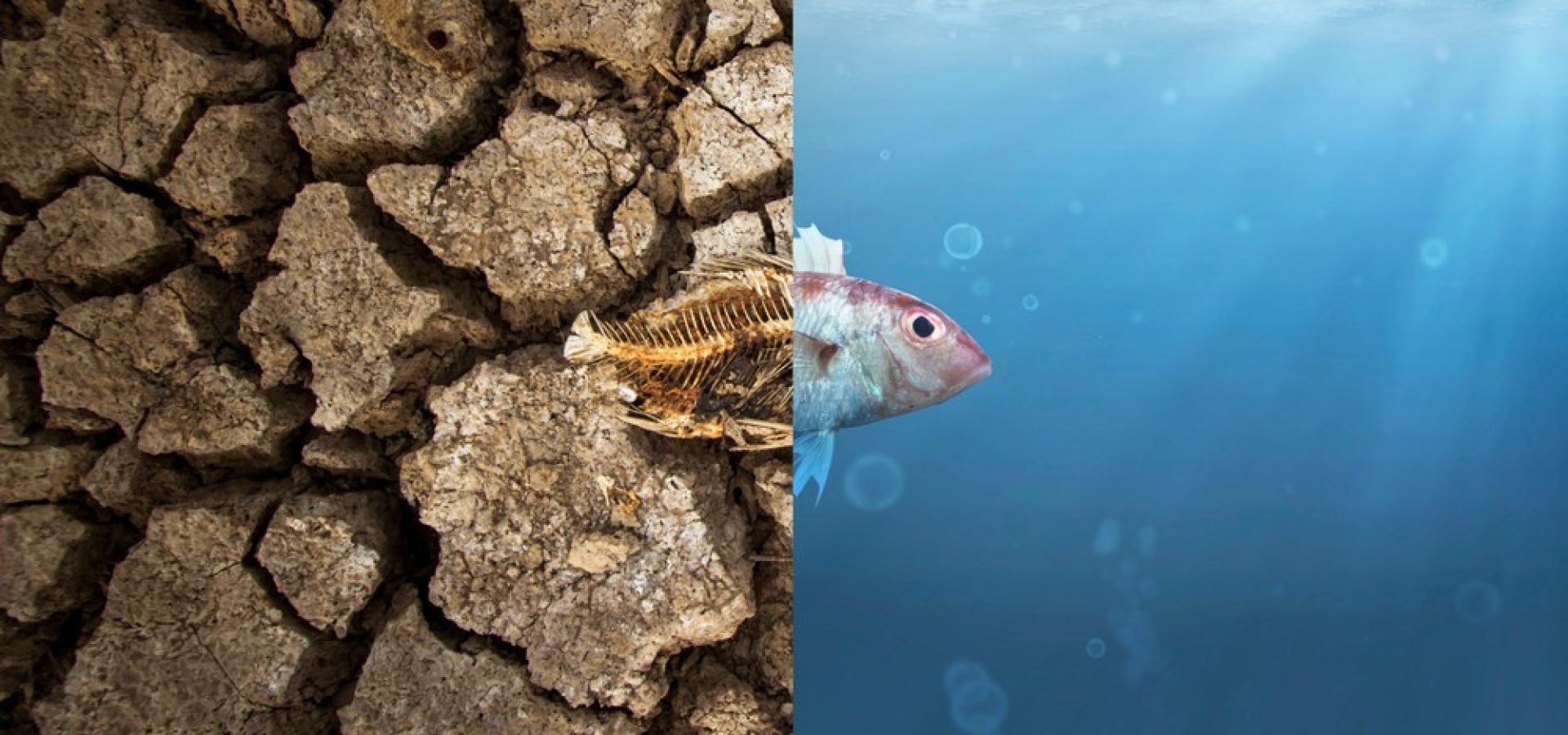Sri Lanka, known for its breathtaking coasts and vibrant fishing communities, is grappling with a severe economic crisis, exacerbating the challenges faced by its fishermen. The country’s heavy reliance on fishing leaves it susceptible to the combined effects of climate change and economic decline. In this article, we delve into the ramifications of the Sri Lanka economic crisis on the country’s fishermen and the compounding effects of erratic weather patterns and environmental shifts.
Economic Crisis Hits Sri Lanka’s Fishing Communities
As the capital of Sri Lanka, Colombo, reels under the strain of the economic crisis, the consequences reverberate across the country. Therefore, affects the lives of ordinary Sri Lankan people. The fishing industry, essential for nearly half of the country’s animal protein intake, has suffered a severe economic blow. Fishermen are facing hardships due to lower incomes, higher expenses, and limited access to fuel and equipment.
Climate Uncertainty Adds to the Burden
The weather in Sri Lanka has always played a vital role in shaping the lives of its fishermen. However, climate change has introduced heightened unpredictability, compounding the challenges faced by these communities. Climate change alters fishing seasons, making them less predictable due to fluctuating temperatures, erratic rainfall, rising seas, and unpredictable monsoons. Disrupted migratory patterns have impacted fishermen’s catch optimization by hindering their movement between the west and east coasts.
In conclusion, the Sri Lanka economic crisis has cast a dark shadow over the lives of its fishermen, amplifying the hardships they face due to the climate uncertainty gripping the country. As the economy falters, fishing communities are caught in a cycle of diminishing incomes, rising costs, and limited resource access. The unpredictable weather and shifting environment worsen challenges, hindering the prediction and adaptation of optimal fishing seasons.











COMMENTS